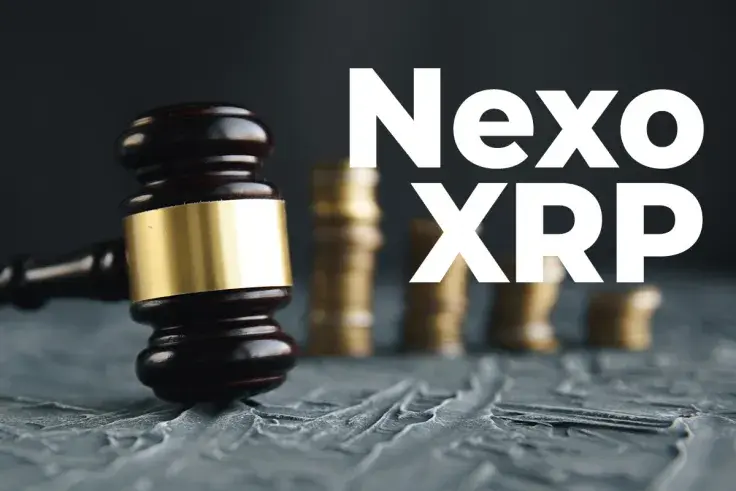
Cryptocurrency lender Nexo has been hit with a class-action lawsuit over its “unlawful” suspension of XRP payments in late December that has caused $5 million in damages.
Plaintiff Junhan Jeong filed the suit in the Northern District of California on behalf of other similarly situated users earlier this month.
Nexo wasn’t entitled to sell its users’ XRP tokens
After the U.S. Securities and Exchange Commission sued blockchain company Ripple, Nexo rushed to suspend the ability to repay loans with the affiliated XRP cryptocurrency or using it as collateral. It didn’t provide its users with notice of the suspension.
Hundreds of affected customers were “locked out” of maintaining their loan-to-value (LTV) ratios since they couldn’t sell their tokens, which triggered a string of liquidations.
Nexo thus effectively prohibited these customers from maintaining their LTV ratios and then punished them for not maintaining their LTV ratios.
Jeong claims that he lost $269,300 worth of XRP tokens that were posted as collateral.
The lawsuit says that Nexo was “not entitled” to liquidate the collateral of customers. The plaintiff counters the company’s public statement published on Dec. 30, which purported it owned the XRP tokens held as collateral:
If Nexo were to acquire the “ownership” of the cryptoassets that Nexo customers post as collateral, this would be an extremely unfair result that unreasonably favors Nexo over its customers and that resulted from the Nexo customer’s lack of reasonable choice or negotiating power over the terms and conditions that Nexo imposes on customers without any negotiation.
Customers want to recover their funds
Nexo customers are seeking to recover the value of their XRP when the lender suspended its use:
Nexo customers are also entitled to the value of the digital assets taken from their Savings Wallets, and the value of the digital assets or cash that they transferred to their Credit Line Wallets, to maintain their LTV ratios during the suspension of customer use of XRP, because any obligation to maintain those ratios had been excused.
Jeong is asking the court to award him and other affected users damages “in an amount to be determined at trial.”
In addition, the plaintiff could be awarded any other relief that is deemed proper.

 Vladislav Sopov
Vladislav Sopov Dan Burgin
Dan Burgin